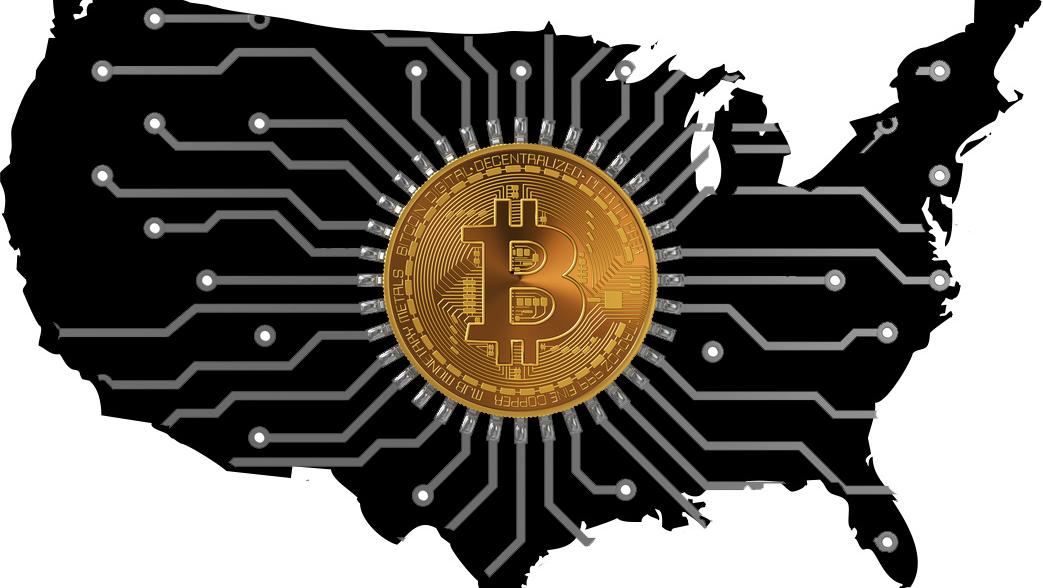PALO ALTO, Calif. (Reuters) - The Federal Reserve is taking a look at a broad variety of issues around digital payments and currencies, including policy, style and legal factors to consider around potentially issuing its own digital currency, Governor Lael Brainard stated on Wednesday. Brainard's remarks recommend more openness to the possibility of a Fed-issued digital coin than in the past." By changing payments, digitalization has the prospective to provide greater worth and benefit at lower cost," Brainard said at a conference on payments at the Stanford Graduate School of Organization.

Main banks globally are debating how to manage digital finance innovation Visit the website and the dispersed journal systems used by bitcoin, which promises near-instantaneous payment at potentially low cost. The Fed is fed coin developing its own round-the-clock real-time payments and settlement service and is currently evaluating 200 comment letters sent late in 2015 about the suggested service's design and Learn more here scope, Brainard said.
Less than two years ago Brainard informed a conference in San Francisco that there is "no engaging demonstrated requirement" for such a coin. But that was prior to the scope of Facebook's digital currency ambitions were extensively understood. Fed officials, consisting of Brainard, have raised concerns about customer protections and data and personal privacy dangers that could be posed by a currency that could come into use by the third of the world's population that have Facebook accounts.
" We are collaborating with other reserve banks as we advance our understanding of reserve bank digital currencies," she said. With more countries checking out issuing their own digital currencies, Brainard said, that includes to "a set of reasons to likewise be making certain that we are that frontier of both research and policy advancement." In the United States, Brainard said, concerns that require study include whether a digital currency would make the payments system safer or easier, and whether it could pose monetary stability risks, including the possibility of bank runs if cash can be turned "with a single swipe" into the main bank's digital currency.
To counter the financial damage from America's extraordinary nationwide lockdown, the Federal Reserve has actually taken unprecedented steps, including flooding the economy with dollars and investing directly in the economy. Most of these relocations got grudging acceptance even from lots of Look at more info Fed skeptics, as they saw this stimulus as needed and something just the Fed could do.
My new CEI report, "Government-Run Payment Systems Are Unsafe at Any Speed: The Case Against Fedcoin and FedNow," information the threats of the Fed's existing strategies for its FedNow real-time payment system, and proposals for main bank-issued cryptocurrency that have actually been dubbed Fedcoin or the "digital dollar." In my report, I talk about concerns about personal privacy, data security, currency manipulation, and crowding out private-sector competition and innovation.
Supporters of FedNow and Fedcoin state the federal government must produce a system for payments to deposit quickly, instead of encourage such systems in the economic sector by lifting regulative barriers. However as noted in the paper, the economic sector is providing a seemingly unlimited supply of payment technologies and digital currencies to resolve the problemto the level it is a problemof the time gap between when a payment is sent and when it is gotten in a bank account.
And the examples of private-sector innovation in this location are numerous. The Cleaning Home, a bank-held cooperative that has been routing interbank payments in different forms for more than 150 years, has been clearing real-time payments because 2017. By the end of 2018 it was covering 50 percent of the deposit base in the U.S.